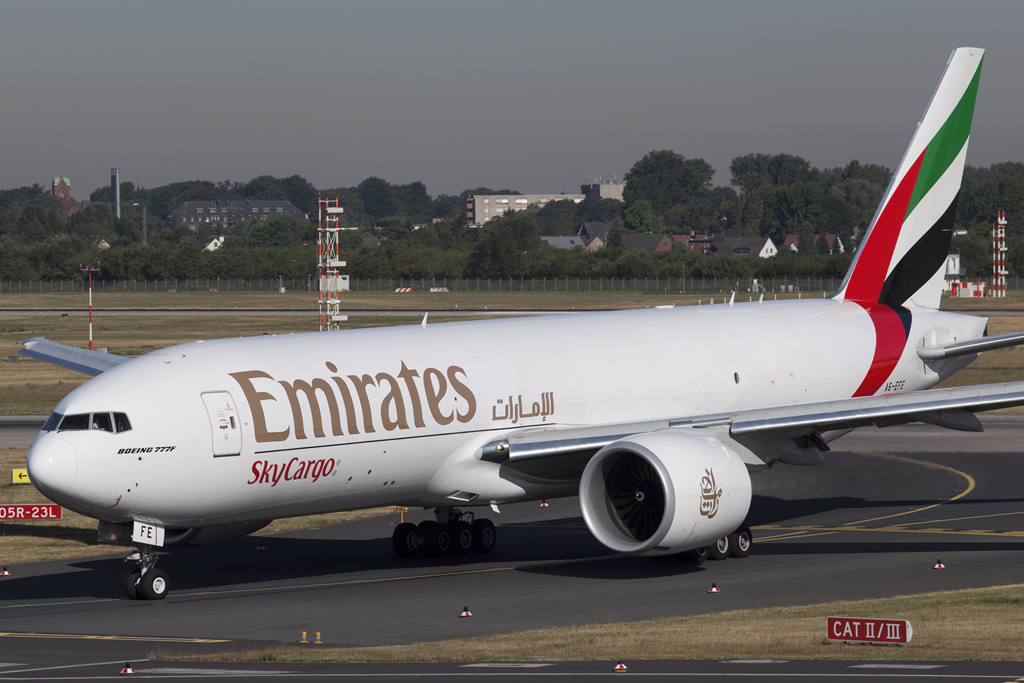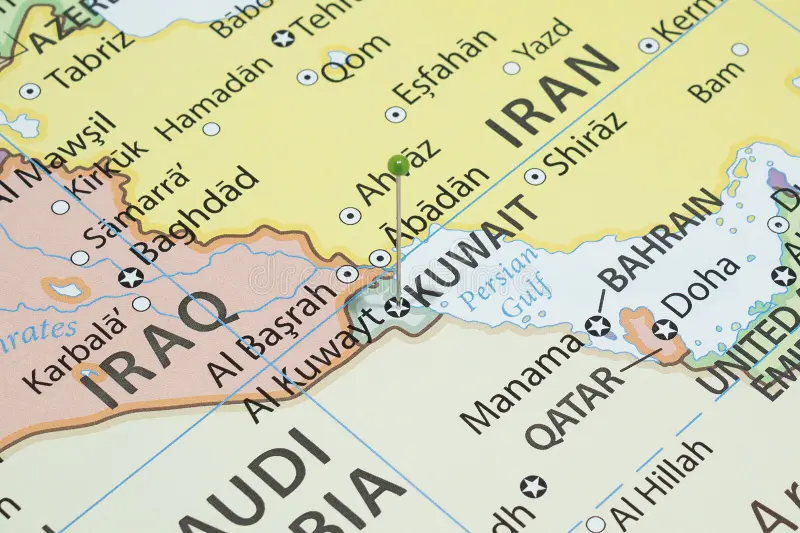
If your inbox (or your airline app) has been a mess lately, you’re not alone. After days of airspace closures, reroutes, and last-minute cancellations sparked by the Iran-Israel conflict, we finally have some relief: flights resume across the UAE, Qatar, Bahrain, and Kuwait.
It’s not exactly smooth sailing yet, but this is a big step forward and here’s what you need to know before you head to the airport.
So… Are Flights Actually Back?
Yes, flights resume in most major Gulf countries following the ceasefire. The situation shifted quickly after a series of U.S. strikes on Iran pushed multiple Middle Eastern countries to shut their airspace down.
Now, countries like the UAE, Qatar, and Bahrain have reopened their skies, and airports are getting back to business. But “resumed” doesn’t always mean “back to normal.”
There are still delays, reroutes, and a lot of cautious steps behind the scenes.
500+ Flights Cancelled Across Middle East Amid Iran-Israel Tensions! Here’s What Travelers Need to Know

UAE Airports: Back in Action (Mostly)
In the UAE, flights resume at full capacity in Sharjah, while Dubai International and Abu Dhabi’s Zayed International Airport are also welcoming travelers again.
Emirates confirmed that it’s back on schedule, though depending on your route, your flight may take the scenic (aka longer) path around conflict zones.
Abu Dhabi authorities issued a heads-up: double-check your flight status before heading to the airport. Things are stable, but not yet seamless.
Qatar Airways: Taking the Biggest Hit and Rebuilding Fast
Qatar Airways probably had the roughest week of them all. It runs over 80% of flights in and out of Doha, and with Qatari airspace closed the longest, it saw serious disruption.
But as of June 24, flights resume from Doha, and the airline has pulled in extra staff to help get passengers moving again.
If you’re flying through Hamad International Airport, expect long lines and some hiccups but yes, you’ll get there.

Airline Updates After Iran-Israel Ceasefire: Who’s Flying Again?
Here’s where things currently stand:
| Airline | Status | Notes |
| Qatar Airways | Flights resume | Delays expected; staff deployed at Doha |
| Emirates | Flights resume (with reroutes) | No flights to Iran/Iraq till June 30 |
| Etihad | Partially resumed | Tel Aviv route suspended till July 15 |
| Gulf Air | Limited flights | Jordan flights off until June 27 |
| Kuwait Airways | Gradual return | Some routes still paused |
| Air India / IndiGo | Flights resume | UAE-bound flights running with minor delays |
While flights resume, some routes, especially to conflict-adjacent countries, are still off the table for now.
India to UAE? Flights Are Moving Again
If you’re flying from India to the Gulf, you’re in luck. Flights from cities like Thiruvananthapuram resumed on June 24. Emirates, Air Arabia, Etihad, and IndiGo are operating again, especially into Sharjah, Abu Dhabi, and Dubai.
These routes were among the first to come back online once the airspace reopened, but a few flights may still face last-minute changes.
Flights Resume in Middle East! So, What Should You Actually Do?
Great question. Just because flights resume doesn’t mean it’s smooth sailing for every traveler. If you’re planning to fly this week, keep these in mind:
- Check your flight status constantly. Airlines are still rerouting and tweaking timings.
- Arrive earlier than usual. Lines are longer, and some airports are still catching up.
- Avoid booking tight connections. Delays are still happening, even if subtly.
- Watch for sudden changes. If your destination is anywhere near a hotspot, stay flexible.

It’s Not a Full Comeback But It’s a Start
It’s worth repeating: flights resume, yes but cautiously. Airlines are moving fast to normalize schedules, but they’re not taking risks. That means some flights might still get canceled, rerouted, or delayed with little notice.
If you’re flying to Tehran, Baghdad, or Tel Aviv, expect continued disruptions. But if you’re just heading to Dubai, Doha, or Manama, things are getting smoother by the hour.
Frequently Asked Questions (FAQs)
1. Is it safe to fly to the UAE or Qatar now?
Yes, airspace has reopened, and major airlines have resumed operations with safety protocols in place.
2. Are flights to Iran or Israel operating?
Flights to Iran and Israel remain suspended or heavily restricted, depending on the airline.
3. Should I expect delays?
Yes, minor delays and reroutes are likely as airlines continue to monitor security conditions.
4. Which airports are back to full operations?
Dubai International, Abu Dhabi International, and Sharjah Airport are all fully operational.
Final Take: Keep Calm, Stay Ready
The skies are opening up, and that’s a huge relief for thousands of passengers across the region. While flights resume, this is still very much a recovery phase. Airlines are working hard to get back to full operation but safety is driving every decision.
So, if you’re traveling soon: stay patient, stay informed, and maybe keep your travel outfit wrinkle-free in your carry-on. Just in case.



